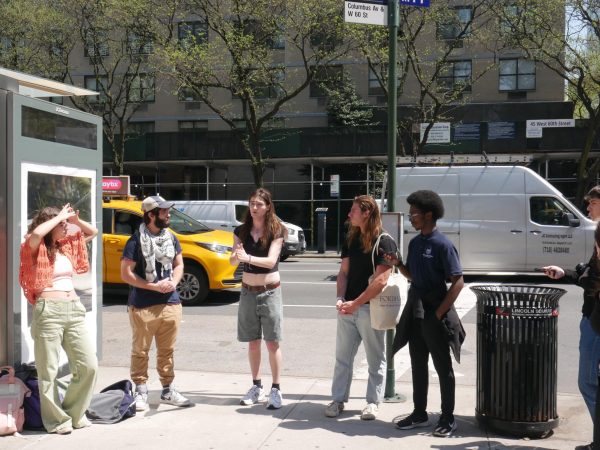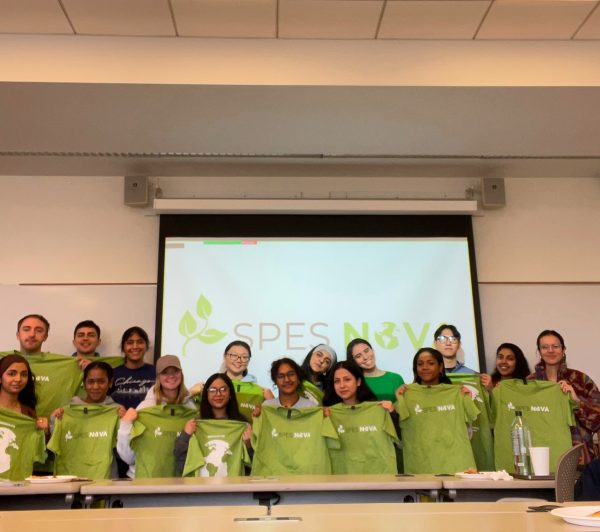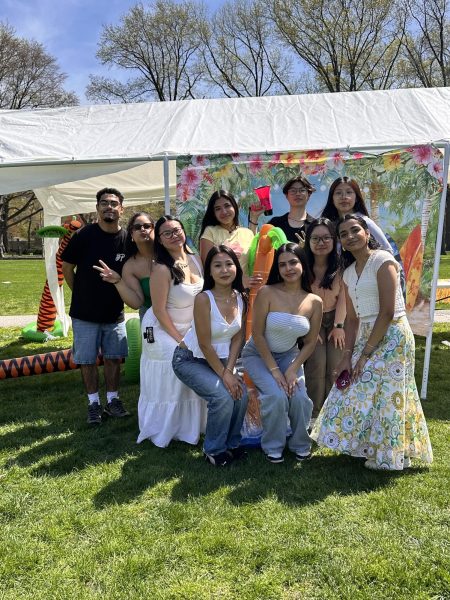CPS Holds Conscious Dating Workshop
On Wednesday Nov. 16, Counseling and Psychological Services (CPS) held a virtual workshop on conscious dating.
The workshop was an initiative to educate students about how to approach relationships from a place of awareness and acceptance.
The workshop was led by Sarika Persaud, Ph.D., supervising psychologist and assistant director of training at Fordham CPS, and Peter Goldie, a trainee therapist at Fordham’s Lincoln Center campus.
Persaud said that this initiative is important because relationships give our lives meaning. According to Persaud, when someone encounters struggles in their relationships, it can be very stressful since human beings are inherently social. She added that “learning about how to navigate others’ expectations and live a life connected to what brings you intrinsic joy is probably one of the most important things we can spend time learning.”
The workshop covered a wide range of topics, including understanding why people enter relationships, theoretical perspectives on the role of love, cognitive defusion and relationship structures.
The presentation explained that humans tend to enter relationships either for reproduction and fulfilling societal expectations, having a lifelong friend/companion or learning more about oneself through the use of another person. Along with this is understanding what it means to enter a relationship consciously.
In the workshop, Persaud said that we need to embrace our nature as social creatures with an innate need for connection, which can explain why we enter relationships. She also discussed how entering relationships consciously can help create greater psychological flexibility in how we think about our relationships.
Persaud dived into the theoretical perspectives on the role that love plays in our lives, citing three different theories: psychodynamic/psychoanalytic, humanistic/existentialist and behavioral. These theories provide reasoning that can resonate with different people regarding the impact that love has on humans.
The presentation presented the question “does love cause suffering?” Persaud explained that love does not cause suffering.
Instead, things that are often confused with love, cause suffering. This includes the environment of the relationship one is in, choosing the wrong person to seek a relationship with, codependency and not communicating one’s own needs.
Cognitive defusion is the act of creating distance between a thought, feeling or action. In the workshop, Persaud defined this term and explained how it occurs when a person labels their thoughts as just thoughts — not a reality. Instead of wondering if thoughts about yourself are true, she recommended that you should ask yourself, “Which thoughts are useful for me to construct a life of value for myself?”
Goldie went on to discuss different types of relationship structures, such as monogamy, coparenting, platonic, swinging, poly-fidelity and polyamory. He explained that each of these structures are valid and touched upon certain ways to negotiate these relationship structures: openness, mutual respect, honesty, trust, consent and destigmatization.
Reflecting on the workshop, Persaud shared that “college is a time where family relationships are changing, people are learning about what really matters to them, and different relationships are being explored.” She said, “It can be difficult to disentangle all of the directions you’re being pulled in, so it’s important to learn how to connect with yourself and ground yourself during difficult emotional moments to learn how to navigate relationships with wisdom.”
When asked what students should take away from the conscious dating workshop, Persaud said that spending time getting to know yourself is one of the most valuable gifts you can give yourself.
She added that “If you can sit with yourself with compassion and presence, you will become naturally attractive to others, and you won’t have to worry about pleasing people or being validated in order to feel good.”
Ava Carreiro is a senior from New Providence, N. J., majoring in marketing. She began her time at the Ram in fall 2021, served as Digital Producer for...











































































































































































































